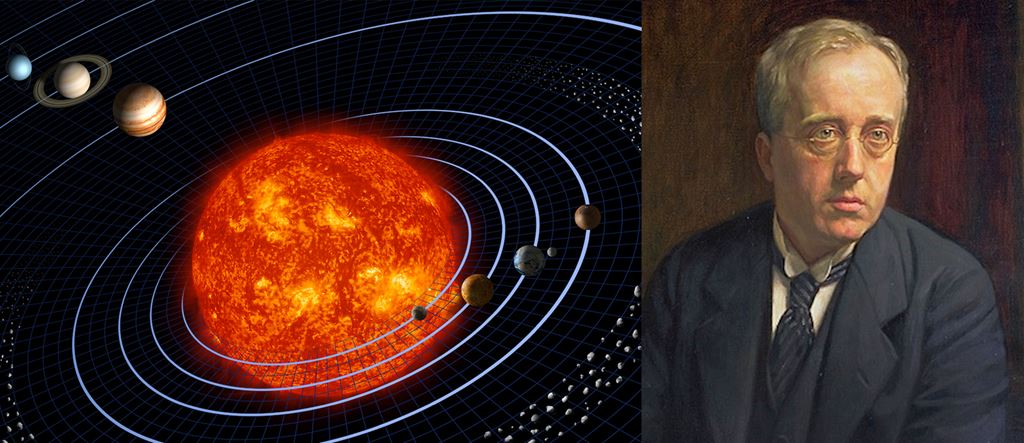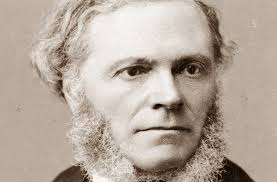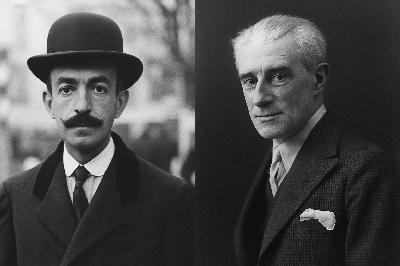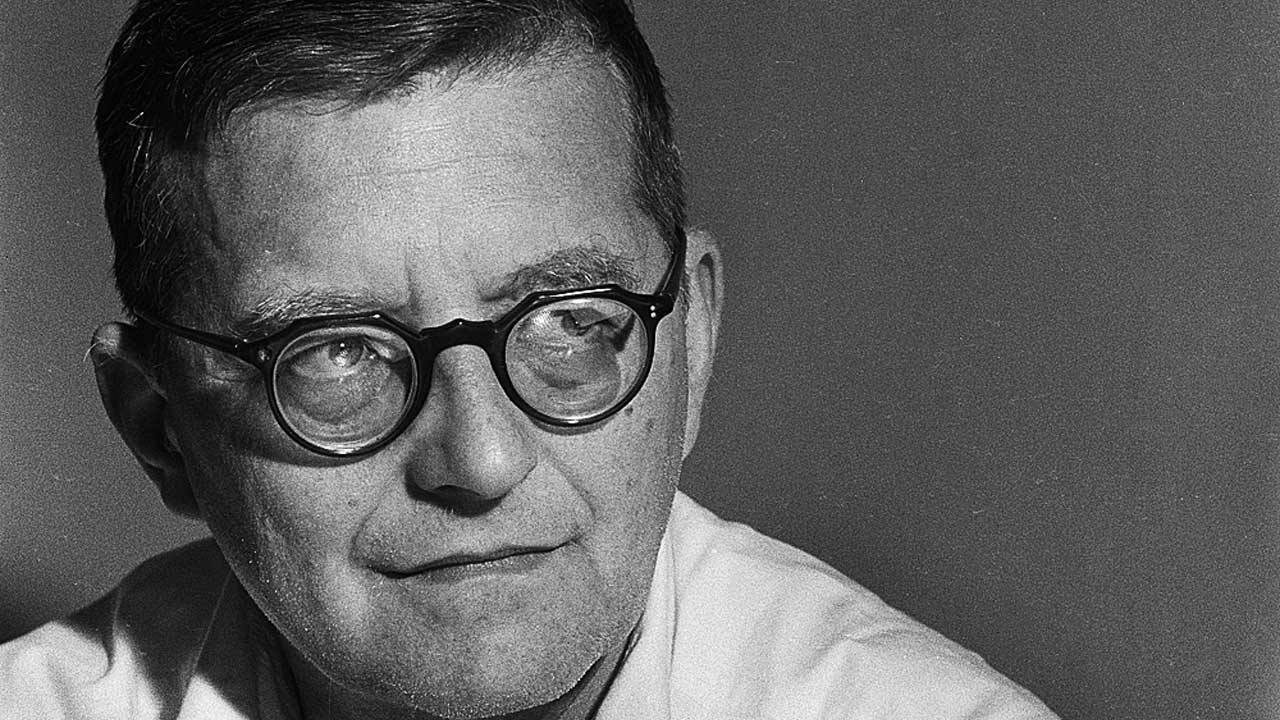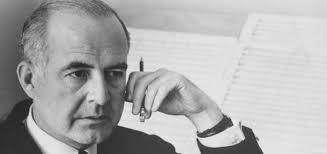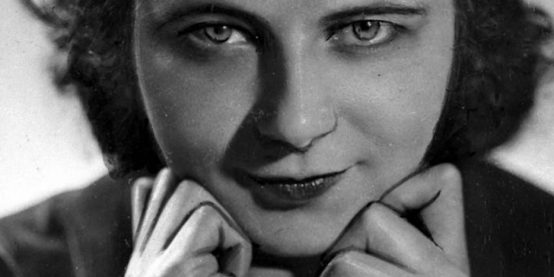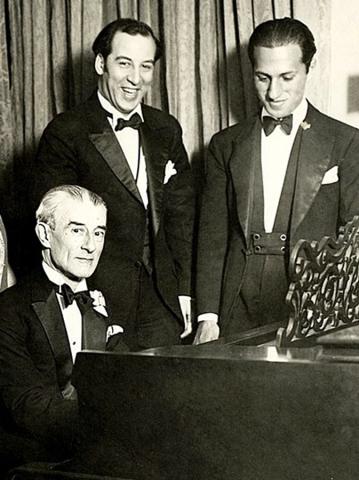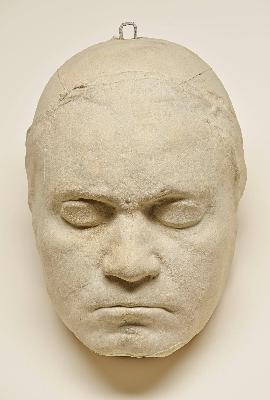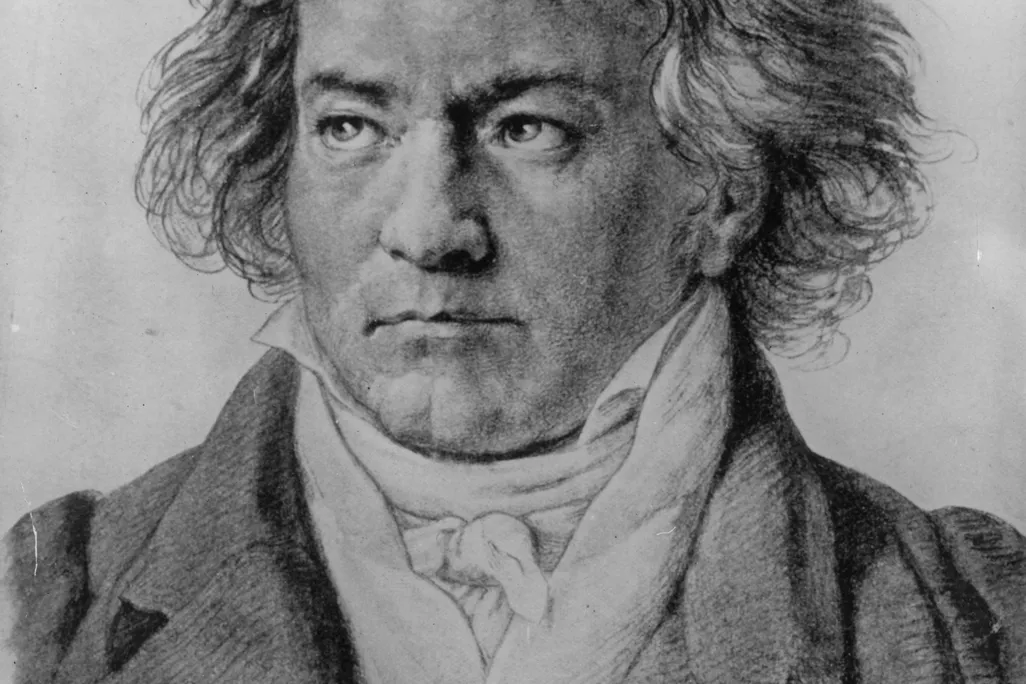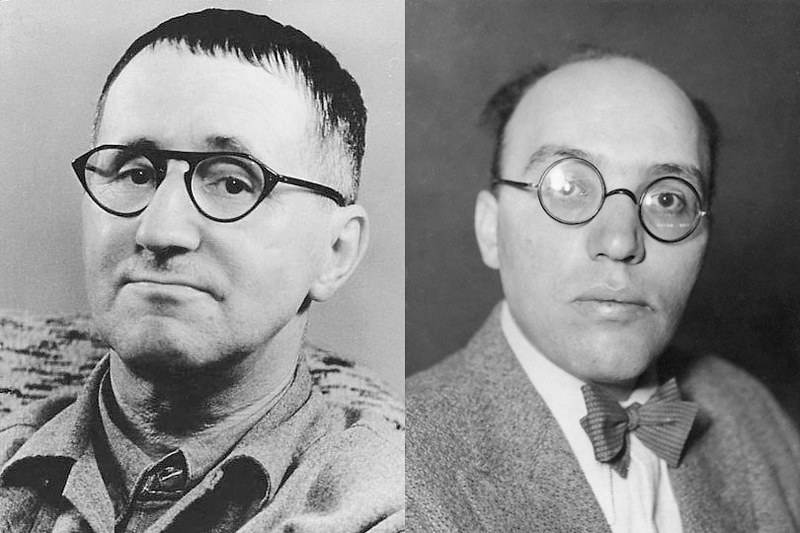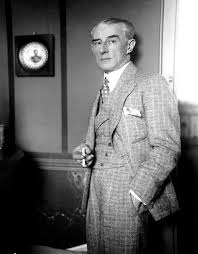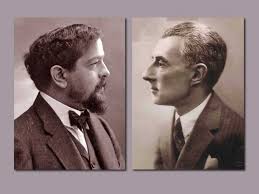Shostakovich String Quartet No. 8
Description
What did Dmitri Shostakovich intend to portray in his music? There is probably no more debated a question in all of 20th century Western Classica lMusic than this one. On the surface, it seems to have an easy answer. Shostakovich portrayed his own thoughts and feelings in his music, just as any other composer would. And that is certainly true. Shostakovich, above anything else, was truly one of the great composers in history. HIs mastery of form, meldoy, strcuture, pacing, and his ability to find a near universal expression of grief and passion is practically unparalelled among composers. That much is clear to those of us who love Shostakovich's music. But everything else, including that thorny question of what his music MEANS, is much, much, much less clear. Practically Shostakovich's entire life was lived under the shadow of Soviet Russia, and naturally his musical career was lived under that shadow as well. This means that a sometimes impenetrable layer of secrecy, mystery, and doubt always lies under the surface of Shostakovich's music.
In 1960, Kruschev, who had been loudly trumpetting Shostakovich's name to Western Press as an example of a free Soviet artist post the excesses of the Stalin regime, decided that Shostakovich should be the new head of the Russian Union of Composers. The catch was that Shostakovich would need to join the Communist Party in order to take the job. Shostakovich, who had long resisted becoming a full Party member, agreed. Shostakovich was clearly disappointed in himself, as his friend Lev Lebedinsky wrote this: "I will never forget some of the things he said that night [before his induction into the Party], sobbing hysterically: 'I'm scared to death of them.'
Why does all this matter? Because just a few days after joining the Commhnist party and after meeting with his friends Isaac Glikman and Lev Lebedinsky, Shostakovich traveled to East Germany -- specifically to Dresden — to work on a film which would commemorate the destruction of the city during World War II. He was supposed to write music for this film, but instead, Shostakovich sat down, and in THREE DAYS, he wrote his 8th string quartet. He would later write to Glikman: "However much I've tried to draft my obligations for the film, I just couldn't do it. Instead I wrote an ideologically deficient quartet that nobody needs. I reflected that if I die it's not likely anyone will write a quartet dedicated to my memory. So I decided to write it myself. You could even write on the cover: 'Dedicated to the memory of the composer of this quartet." Today on the show we're going to explore this remarkable piece together - join us!



